Releasing a book into the world is both terrifying and exhilarating, even more so when it’s your debut.
It’s a precarious business being a writer. As John Steinbeck once said:
The profession of book-writing makes horse racing seem like a solid, stable business.
For debut writers, entering into the world of publishing for the first time often brings with it a confusing cocktail of doubt and fear, validation and joy. So I asked debut authors Anna Downes, Donna Ward and Holden Sheppard to share the highs and lows of their experiences.
Anna Downes
On the day I received my first offer of publication, my friend took a picture of me.
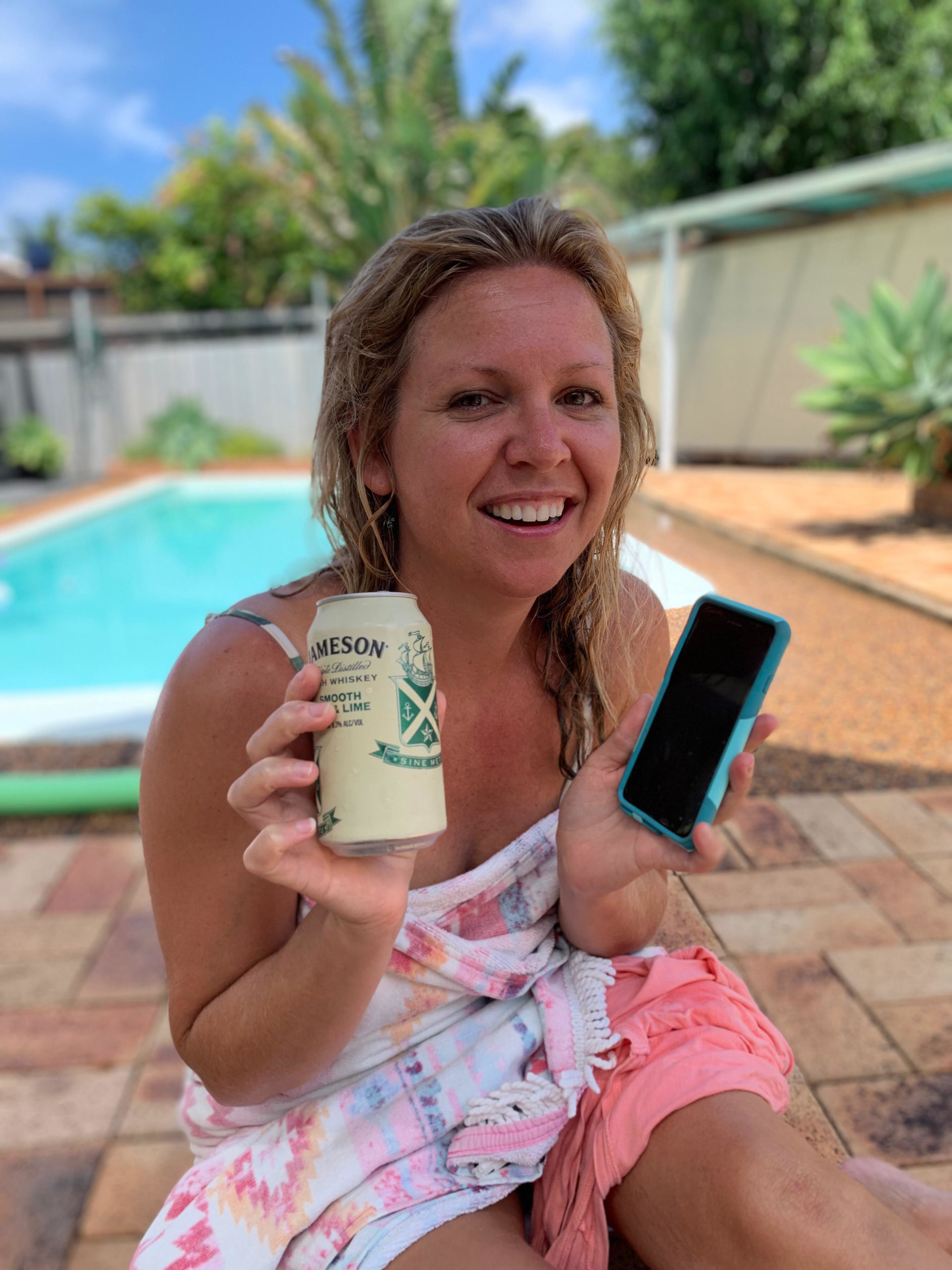 We were hanging out at her place, trying to keep our kids cool in the ridiculous February heat, when an email popped up on my phone. My friend, reading my expression, froze. As the kids splashed and shrieked in the pool, I held my breath … opened the message … and burst into joyful tears. Squealing, my friend ran inside, returning eventually with a lone can of Jameson’s Smooth Dry and Lime she’d found hiding at the back of her fridge.
We were hanging out at her place, trying to keep our kids cool in the ridiculous February heat, when an email popped up on my phone. My friend, reading my expression, froze. As the kids splashed and shrieked in the pool, I held my breath … opened the message … and burst into joyful tears. Squealing, my friend ran inside, returning eventually with a lone can of Jameson’s Smooth Dry and Lime she’d found hiding at the back of her fridge.
‘Congratulations!’ Click.
In the picture, I am sitting on the ground, dripping wet and wrapped in a towel. I’m holding my phone in one hand and a can of whiskey in the other. I’m crying, though you wouldn’t know it from my smile. My face is bright red, my shoulders rounded. I look like I’ve just run a marathon. Out of shot, my children screech and laugh and demand to be fed.
For me, this image pretty much sums up my debut author experience. The woman in that photo, the me of just over a year ago, is knackered, overwhelmed, distracted and a little bit drunk. She’s also very happy; the happiest, possibly, that she’s ever been. She’s worked so hard, sacrificed so much. She’s proud yet stunned that people want to read her words and see them fly. Agents and publishers are handling her precious creation carefully, as if they are the lucky ones. Oh, the validation! Oh, the sweet relief!
She doesn’t yet realise, however, the length of the haul, the intensity of the work still to come. She hasn’t yet stumbled over the many tripwires of self-doubt (What if it bombs? What if I can’t write another? What if I never write a decent sentence ever again?), pressure to perform (I only get one shot at this, I’d better not stuff it up) and the fear that the editing process will actually kill her dead (I can’t do it, I’m just not the writer they think I am). The girl in the photo is also blissfully ignorant of the complications this dream-come-true will heap on her family, her marriage. Deadlines. Responsibilities. Endless logistical conundrums, and the tug-of-war that will play out between work and home. Some days, she will wrestle with chronic mum-guilt; on others, she will feel resentful, like a teenager at a party whose family want to drag her away and spoil her fun.
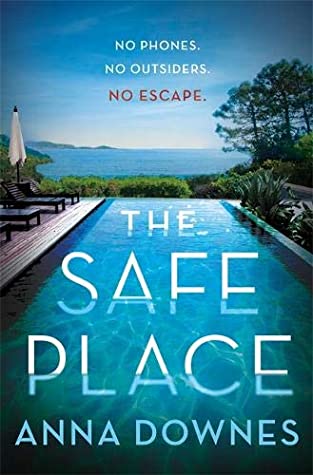 It makes me want to climb into the picture and whisper kind words in that poor woman’s ear. ‘Breathe,’ I would say. ‘Don’t be afraid. All that stuff I just said? You’ll figure it out. You have a new job now, with money and legitimate ‘office’ hours. You’re going to meet such wonderful, supportive people. Your teammates, both at work and at home, will look after you. And the words will always be there. No matter what happens (and let me be clear, ANYTHING could happen — a global pandemic, for example, that will put a gigantic cat among the pigeons), the words will see you through.’
It makes me want to climb into the picture and whisper kind words in that poor woman’s ear. ‘Breathe,’ I would say. ‘Don’t be afraid. All that stuff I just said? You’ll figure it out. You have a new job now, with money and legitimate ‘office’ hours. You’re going to meet such wonderful, supportive people. Your teammates, both at work and at home, will look after you. And the words will always be there. No matter what happens (and let me be clear, ANYTHING could happen — a global pandemic, for example, that will put a gigantic cat among the pigeons), the words will see you through.’
Then I’d pat happy crying me on the back. ‘Come on,’ I’d say. ‘Drink up. Get up. No more tears. Because the kids need food. And, despite the challenges (or maybe because of them), your life is about to get so good.’
Anna’s debut novel The Safe Place comes out in July 2020 with Affirm Press (ANZ), Minotaur Books (US) and Hodder and Stoughton (UK). Translations have so far also been sold to Germany, Russia, Hungary, Netherlands, Croatia and the Ukraine.
Donna Ward
The best aspect of being a debut author is being a debut author. There is nothing as grown up as your own book coming out through a nationally respected publisher like Jane Palfreyman at Allen & Unwin.
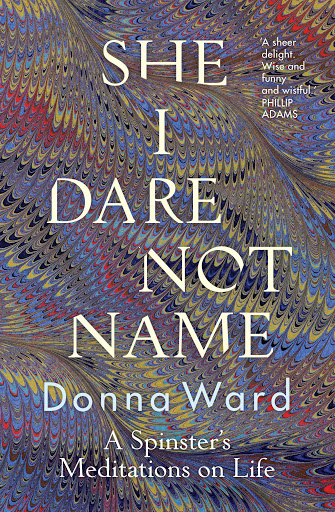 Many compare publishing a book with having a baby. And in fact, one person referred to my book launch as like a wedding. A key message in my book is how the narrative of family life distracts us from knowing the way life goes for those without families. Naturally, I railed against these comparisons. For me publishing a book is nothing like the intimacy and domesticity of family life, and everything like an initiation into one’s society as a whole. And, since I’ve been a spinster all my adult life, I have missed any kind of initiation. Consequently, being a debut author has utterly transformed me from an ugly duckling to a beautiful swan.
Many compare publishing a book with having a baby. And in fact, one person referred to my book launch as like a wedding. A key message in my book is how the narrative of family life distracts us from knowing the way life goes for those without families. Naturally, I railed against these comparisons. For me publishing a book is nothing like the intimacy and domesticity of family life, and everything like an initiation into one’s society as a whole. And, since I’ve been a spinster all my adult life, I have missed any kind of initiation. Consequently, being a debut author has utterly transformed me from an ugly duckling to a beautiful swan.
Knowing the publishing process so well helped me understand and negotiate the contract, prepared me for working with an editorial team, and allowed me to know when to engage and when to step back in the cover design process and the publicity campaign. I understand intimately the importance of letting the publisher do the publisher’s job, though sometimes I had to breathe out and let go. But only for minor things.
But nothing prepared me for the moment of truth — the reality that my book will come into the world. In my experience this usually happens when an author receives their box of author copies in the post. For me it came when I picked up an almost final draft I had printed and bound at Officeworks so I could sit down and scribble on it with a red pen. When looking through the document on the screen, I had not noticed the watermark on the bottom of each page. In the paper copy the words ‘unedited proof’ in upper case, feint as a morning shadow, ran along the bottom of each page.
I stood silent at my desk. I breathed in, then I heard myself say: ‘I never thought I’d ever see ‘unedited proof’ on something I’ve written.’
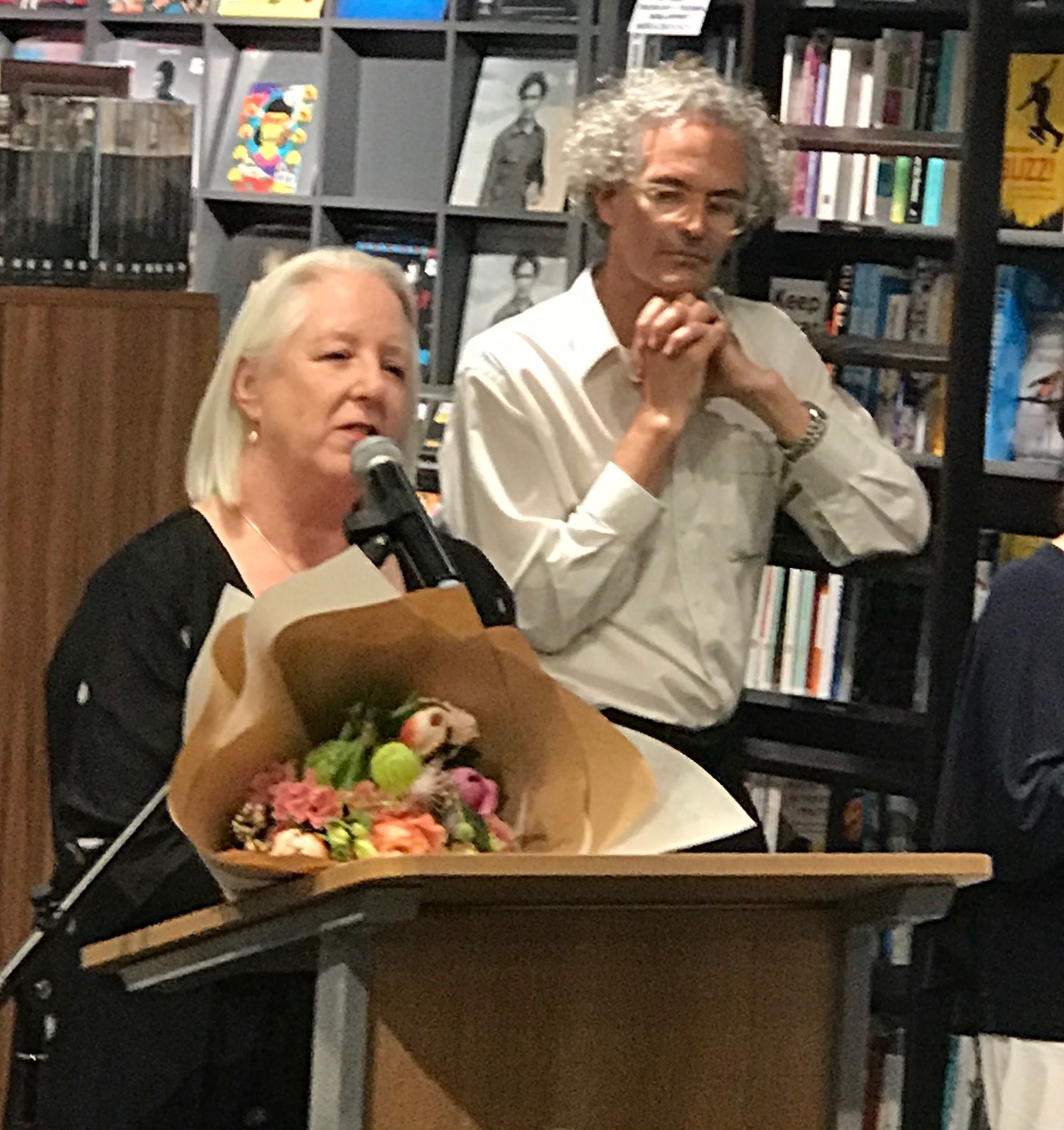 In closing, being a debut author for me had only minor hiccups. Nevertheless, there is an inherent challenge when one crosses the floor. At my book launch in Melbourne, people flowed into Readings Carlton for the event. When I felt the crowd grow to a certain readiness I automatically went to the microphone to welcome everyone. The event host pounced. He whisked the microphone from my hand and guided me ‘backstage’ behind a bookshelf. He said, ‘No! Donna, you are not the publisher, you are the talent tonight.’ We laughed. I was simultaneously surprised and embarrassed. He told everyone about my reluctant role change for their amusement. They were amused. As was I. And I remain amused by how easy it is to forget oneself when treading a new path over familiar ground.
In closing, being a debut author for me had only minor hiccups. Nevertheless, there is an inherent challenge when one crosses the floor. At my book launch in Melbourne, people flowed into Readings Carlton for the event. When I felt the crowd grow to a certain readiness I automatically went to the microphone to welcome everyone. The event host pounced. He whisked the microphone from my hand and guided me ‘backstage’ behind a bookshelf. He said, ‘No! Donna, you are not the publisher, you are the talent tonight.’ We laughed. I was simultaneously surprised and embarrassed. He told everyone about my reluctant role change for their amusement. They were amused. As was I. And I remain amused by how easy it is to forget oneself when treading a new path over familiar ground.
Donna Ward’s book, She I Dare Not Name: A Spinster’s Meditations on Life, was released by Allen & Unwin in 2020. She is the publisher at Inkerman & Blunt. Her essay, ‘Mortality’s Hour’, will appear online in Griffith Review 68: Getting On.
Holden Sheppard
The best part of having my debut novel, Invisible Boys, published was the sense of accomplishment. I’d wanted to be a published novelist from age seven — a dream realised at 31. In the intervening decades, I grew accustomed to a constant but unquenched thirst for validation. Telling people I was an unpublished writer made me feel like a permanent loser: the admission sparked atomic eye-rolls and pitying smirks. But you’re smart — you could be an engineer, doctor, lawyer! Maybe get a big boy job?
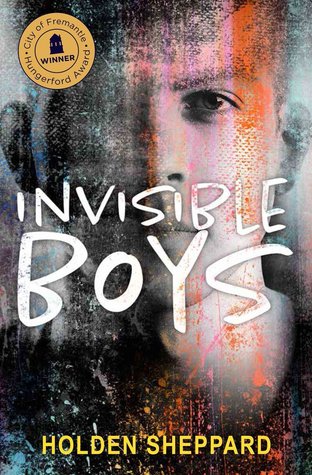 I’m glad I didn’t listen. Finishing a novel gave me intrinsic satisfaction, but being traditionally published, winning awards, and selling well gave me the external validation I’d always craved. I could pretend I didn’t want other people’s praise, but that’s a fictional level of humility. Critical and commercial acclaim is a very pleasant high.
I’m glad I didn’t listen. Finishing a novel gave me intrinsic satisfaction, but being traditionally published, winning awards, and selling well gave me the external validation I’d always craved. I could pretend I didn’t want other people’s praise, but that’s a fictional level of humility. Critical and commercial acclaim is a very pleasant high.
Hearing from readers is a thrill. I get many messages from people for whom Invisible Boys resonated deeply, helping them process trauma and making them feel seen. This is both altruistically and selfishly rewarding: their messages make me feel seen, too. Knowing readers connect with my work spurs me on to keep writing, sharing and showing up.
The challenging aspects of being a debut author revolve around expectations. Before publication, writers are solo acts hunched over laptops, totally autonomous. Publishing a book means working with others: editors and publicists. Even though everyone at my publishing house is a total legend, relinquishing some control wasn’t easy — but it was vital. My book isn’t solely my baby anymore. Shared custody means letting the experts work their magic and trusting that they, like me, want the best for the book.
An unexpected downside of being a debut author is that what feels like the pinnacle of achievement is only the minimum entry requirement into The Published Authors Club. Sometimes you meet established authors and think, Ah, compadre! We are the same! and they think, Ah, who let this noob into the greenroom? While almost all authors are supportive and encouraging, it stings when some don’t take you seriously. Others will outright snub you — sometimes those you thought you would surely get along with.
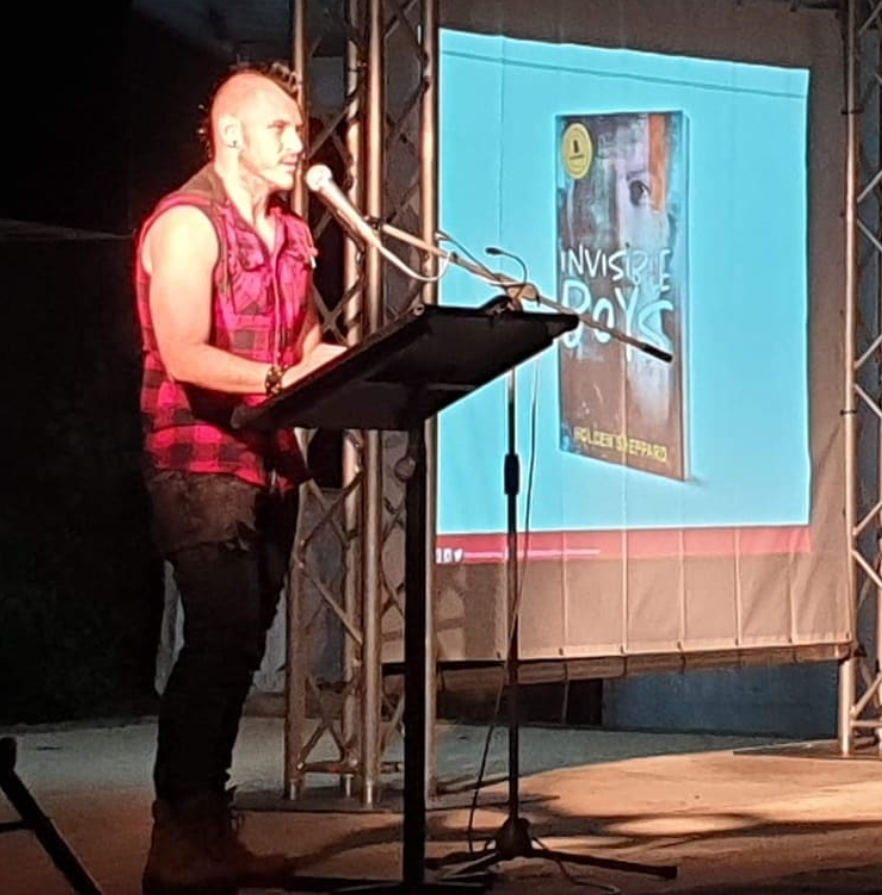 Publication also doesn’t fix your life. It’s an awesome milestone, but not a panacea for personal issues. Your insecurities will persist, and can’t be remedied by achievements. For me, achieving my dreams was also disillusioning in an identity sense. I was a lifelong Aussie battler, so experiencing success was rad, but confusing. Who was I, if no longer a hard-working, struggling author? But once the dust settled, I realised I will always be that battler, because a career is made not of one book, but five, or 10, or 30.
Publication also doesn’t fix your life. It’s an awesome milestone, but not a panacea for personal issues. Your insecurities will persist, and can’t be remedied by achievements. For me, achieving my dreams was also disillusioning in an identity sense. I was a lifelong Aussie battler, so experiencing success was rad, but confusing. Who was I, if no longer a hard-working, struggling author? But once the dust settled, I realised I will always be that battler, because a career is made not of one book, but five, or 10, or 30.
This is the crux of being a debut author. We climbed a mountain peak to discover the summit is much further up — and we may not even reach it in our lifetime. The best thing I can do is enjoy the climb and be amazed and grateful for it all. I want to relish in how scrambling up rockfaces makes my muscles work; how joyous it is to connect with fellow climbers; how the view from each beautiful ledge on the ascent is absolutely magnificent.
Holden Sheppard is an award-winning West Australian author. His debut novel, Invisible Boys (Fremantle Press, 2019), won several accolades including the City of Fremantle Hungerford Award. His writing has been published in Griffith Review, Westerly, 10 Daily, and The Huffington Post.
This month you can win a book pack of these incredible authors’ debuts: an advance copy of Anna Downes’ The Safe Place, Donna Ward’s She I Dare Not Name, and Holden Sheppard’s Invisible Boys. Simply sign up to my monthly newsletter (sign-up box on this page) before 5 pm on Thursday 28 May to go in the draw.
It was so interesting to read of these experiences. I’ve been following Holden’s journey since he won the Hungerford Award. I enjoy the insights that social media can offer, but these accounts really do show us more, particularly of the mental “trickery” that can go on in the minds of creative people taking on creative journeys, time after time! What a slog!
Ah yes, there is so much mental trickery involved with writing!
Wow! Three great debut writers, three awesome books.
Indeed! 🙂
Oh this is great Irma. They are all so heartfelt but I particularly liked Holden’s – that sounded so real, so true – the ups, the downs, the pride, the insecurity, and the realisation that “the summit is much further up”. I was sorry to hear about his not feeling welcomed by all authors. But, I guess that’s life. There are people we gravitate to, and those we don’t, aren’t there?
I like this idea too. That the summit will always be out of reach (and in any case is ever-shifting) so it’s important to celebrate the arrival at each ‘ledge’. I need to get better at doing this!
There will always be some authors whose egos get the better of them, and it can be particularly disappointing if you’re a fan of their work. But, as Holden says, there are plenty of established authors who are generous and encouraging and go out of their way to support emerging writers.
These interviews are great. Just what I needed to read today. Thanks so much Irma
So glad, Lou 🙂